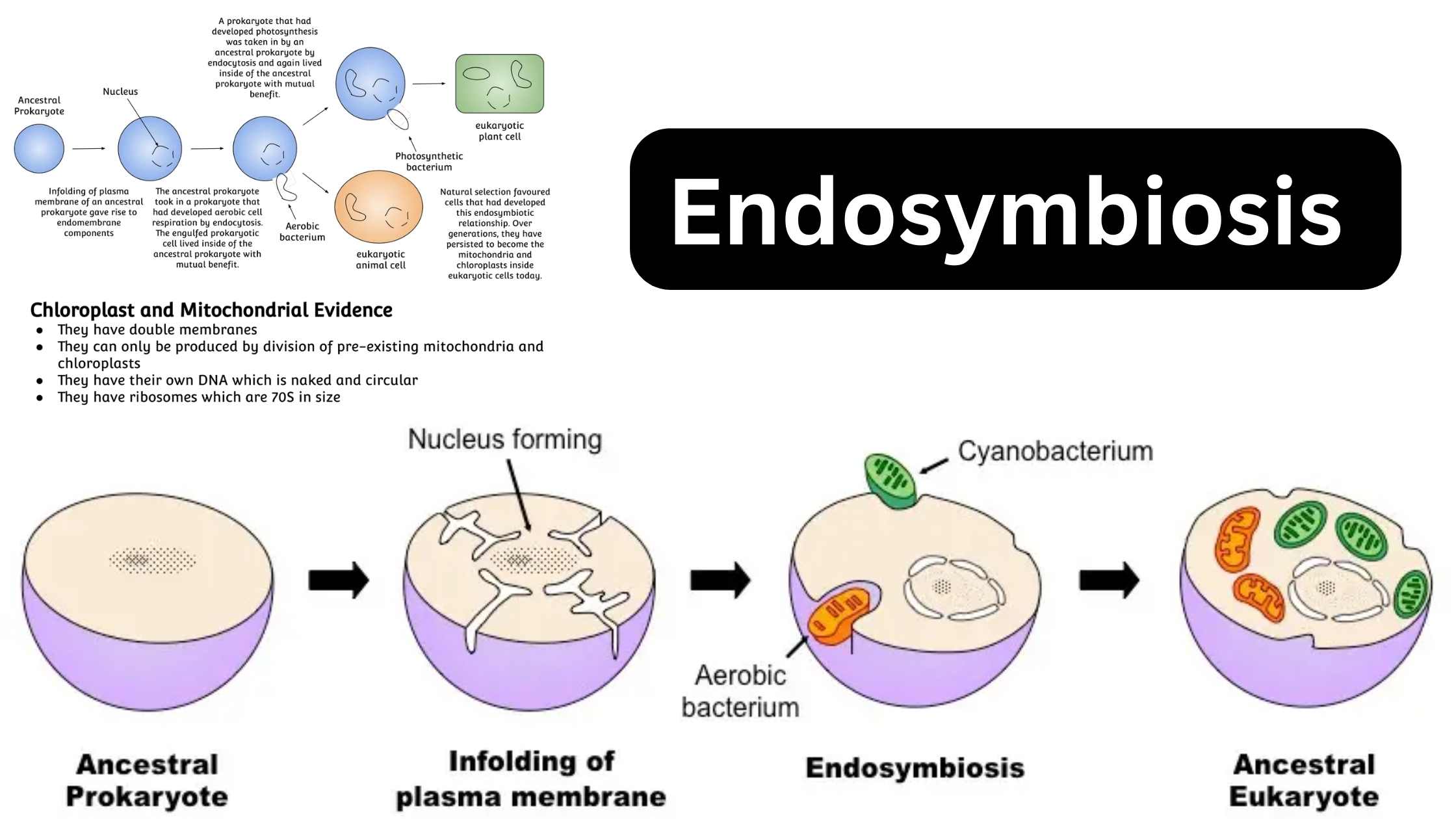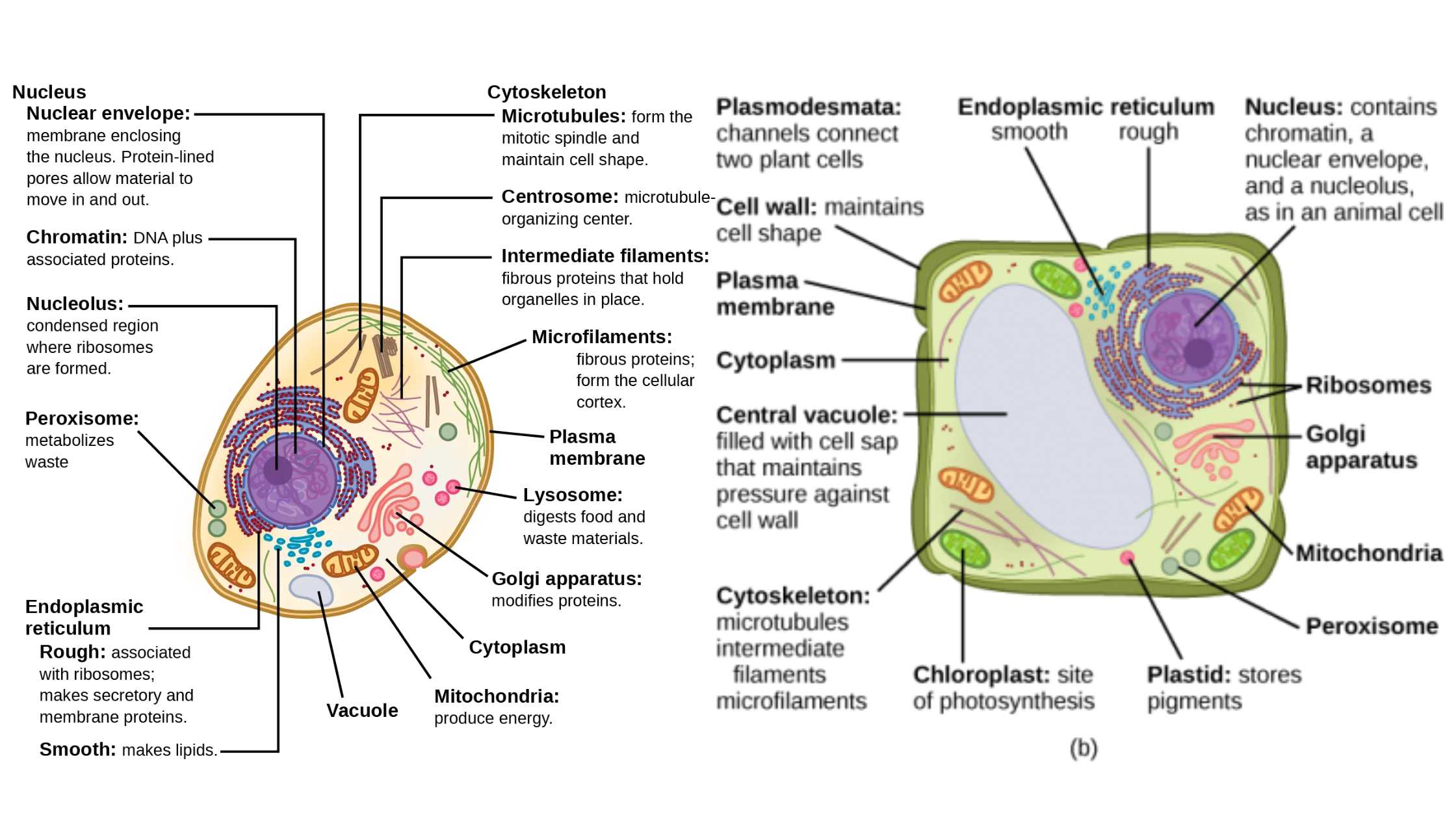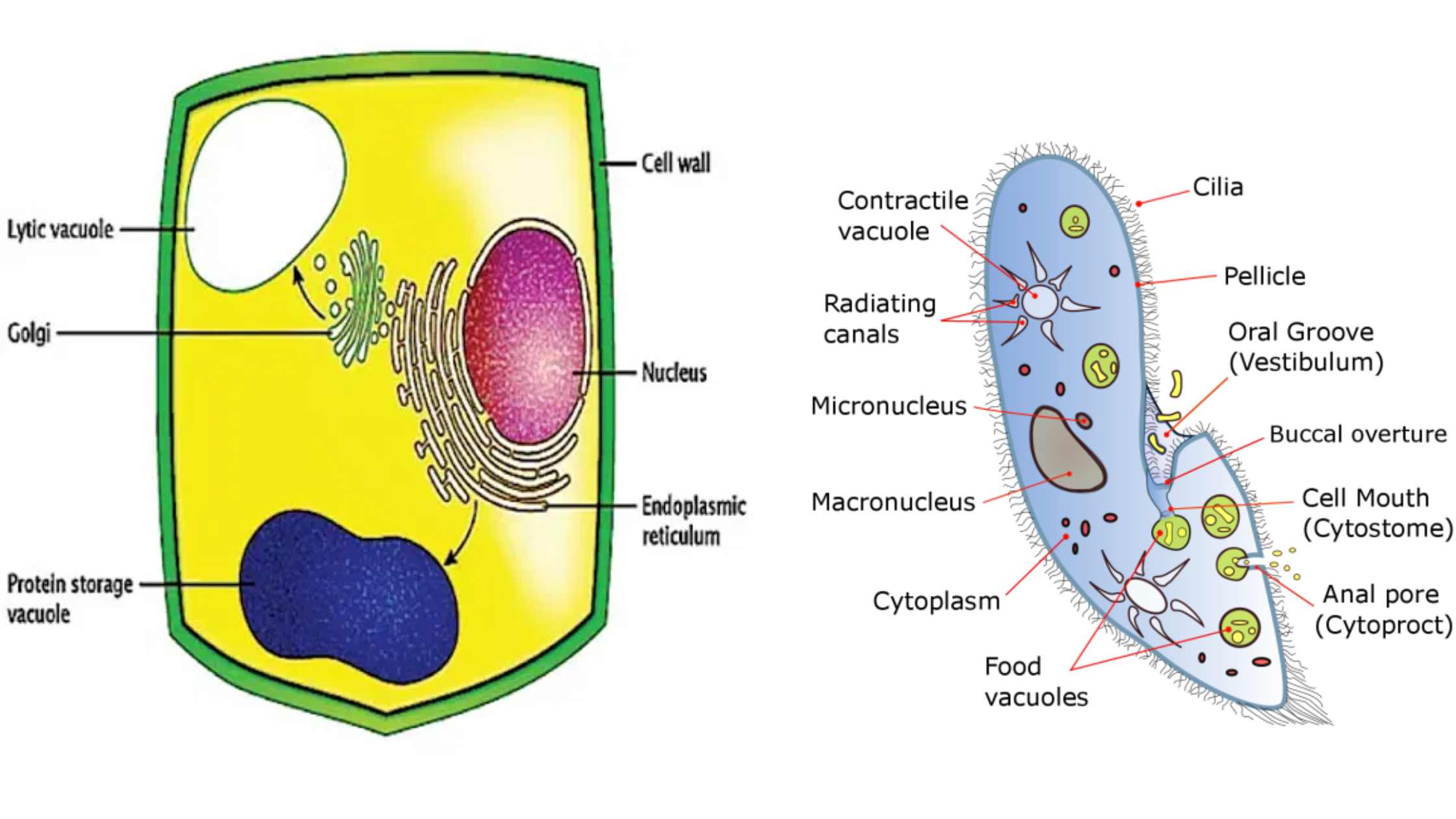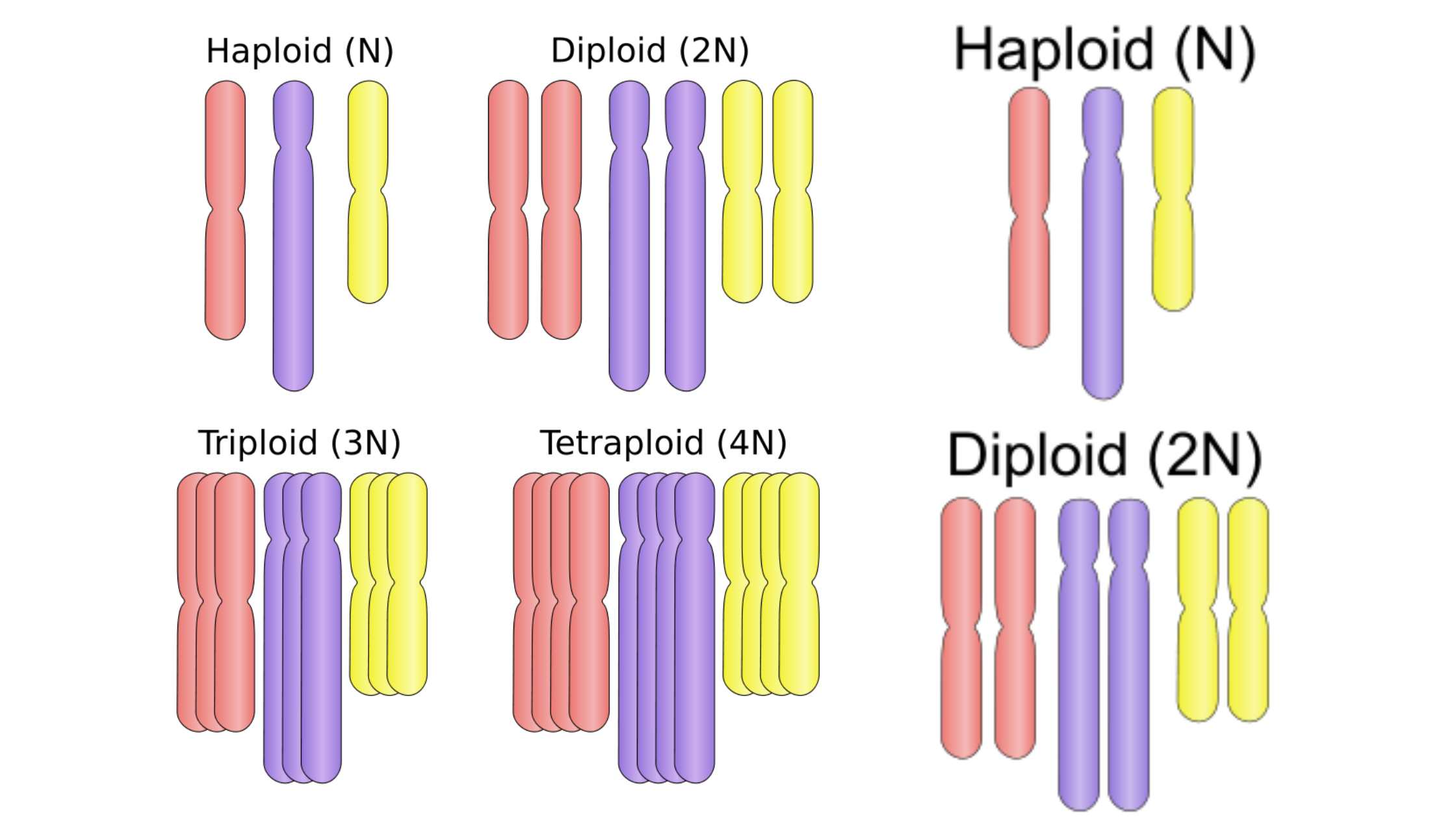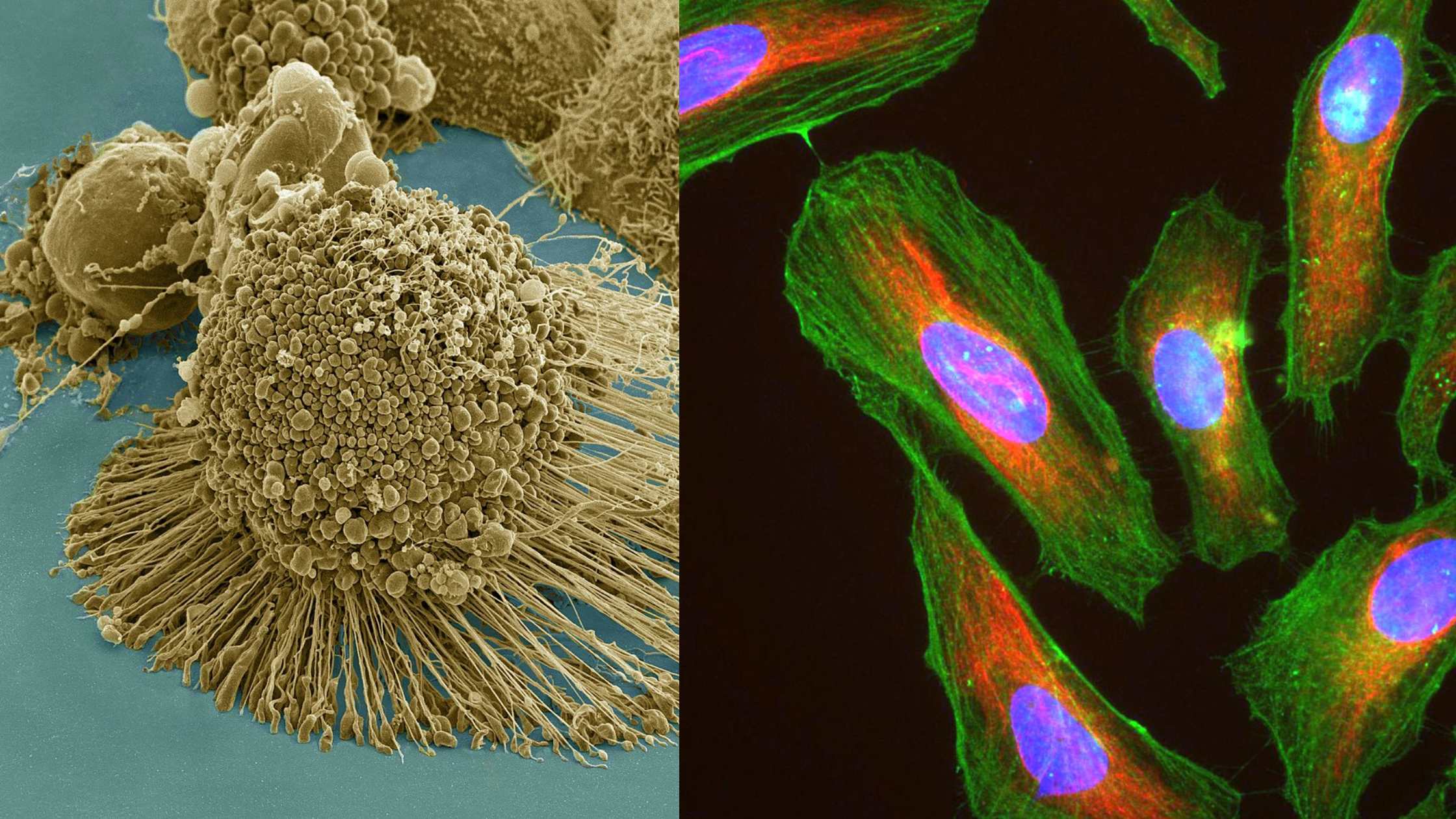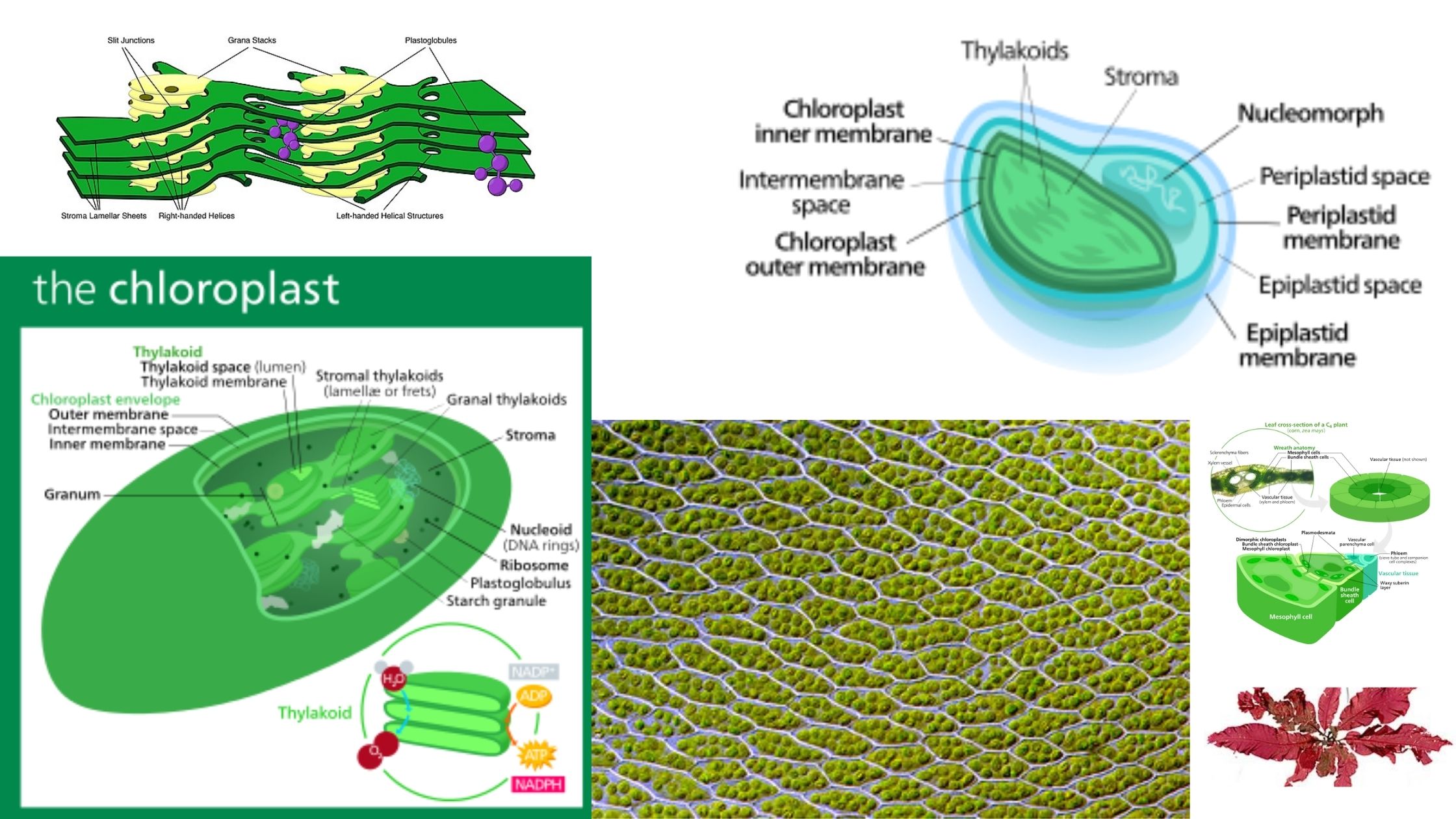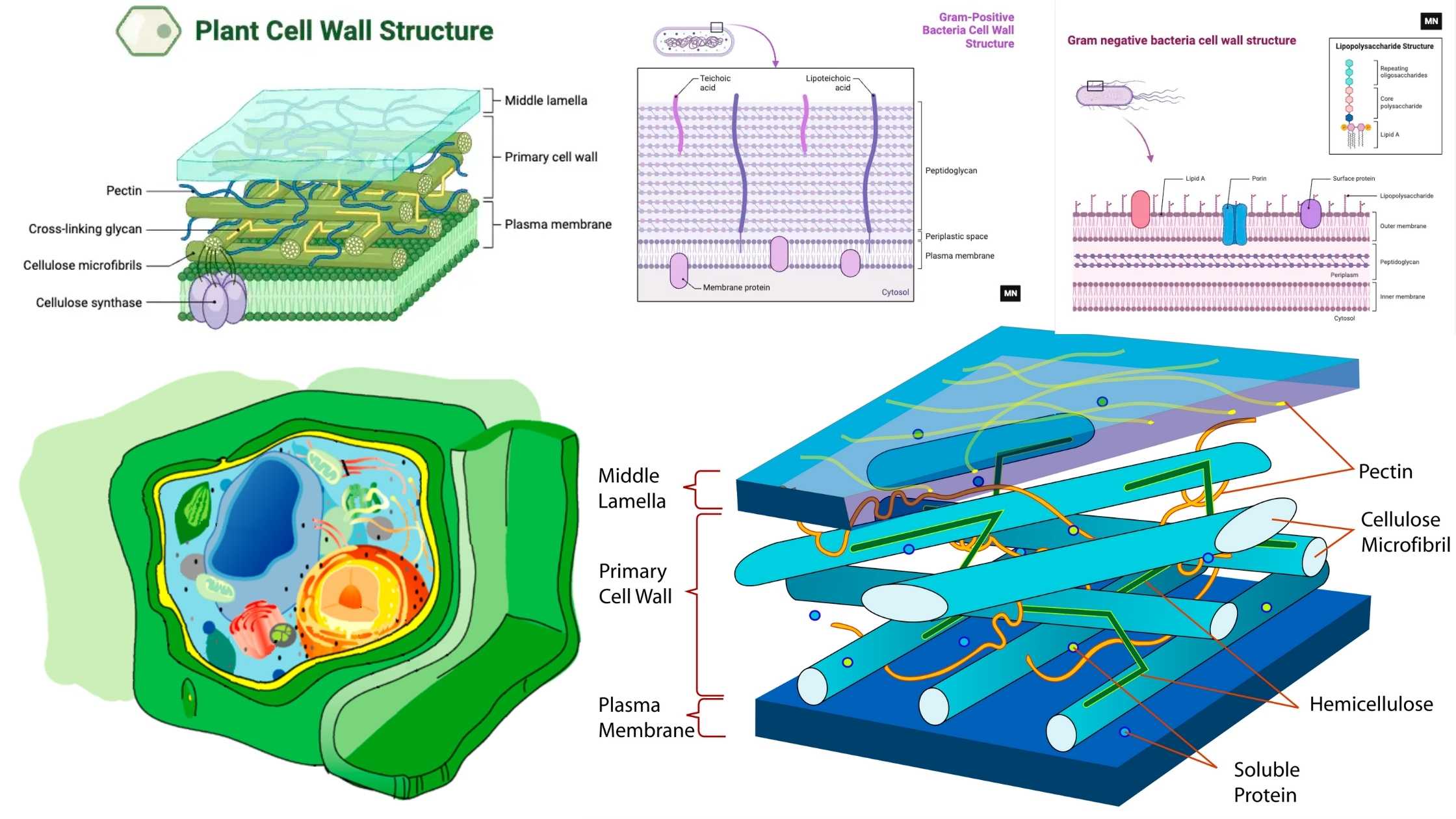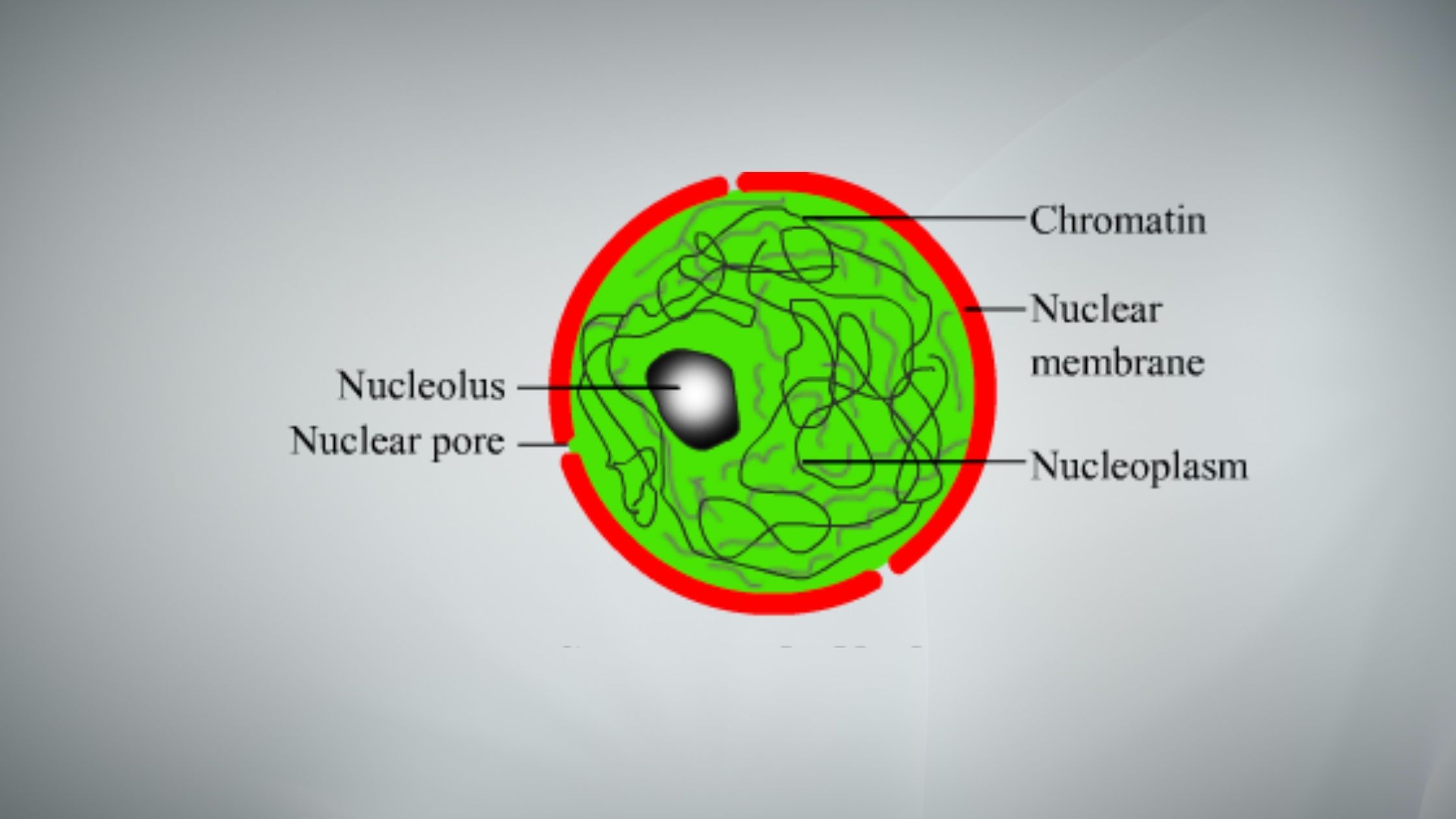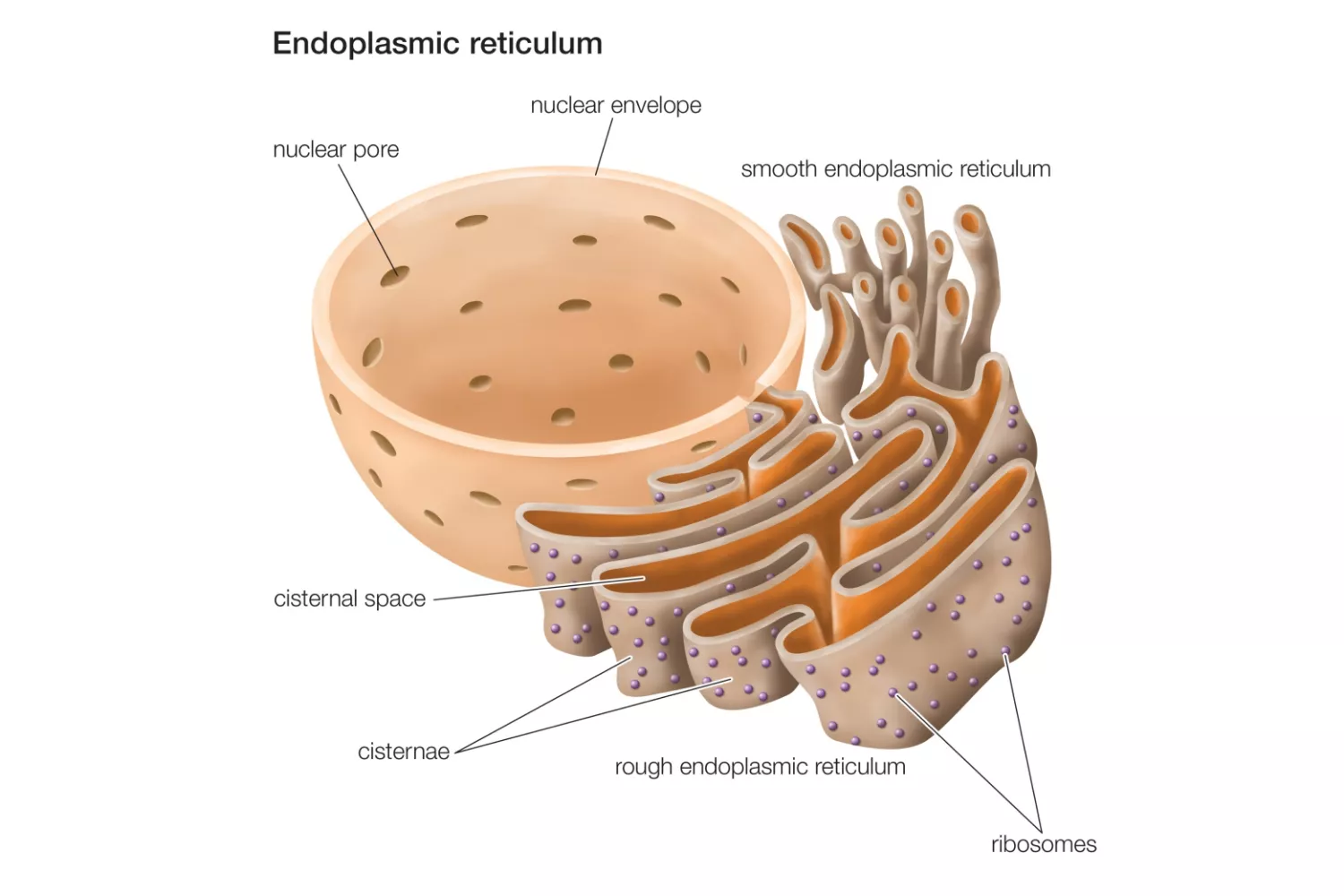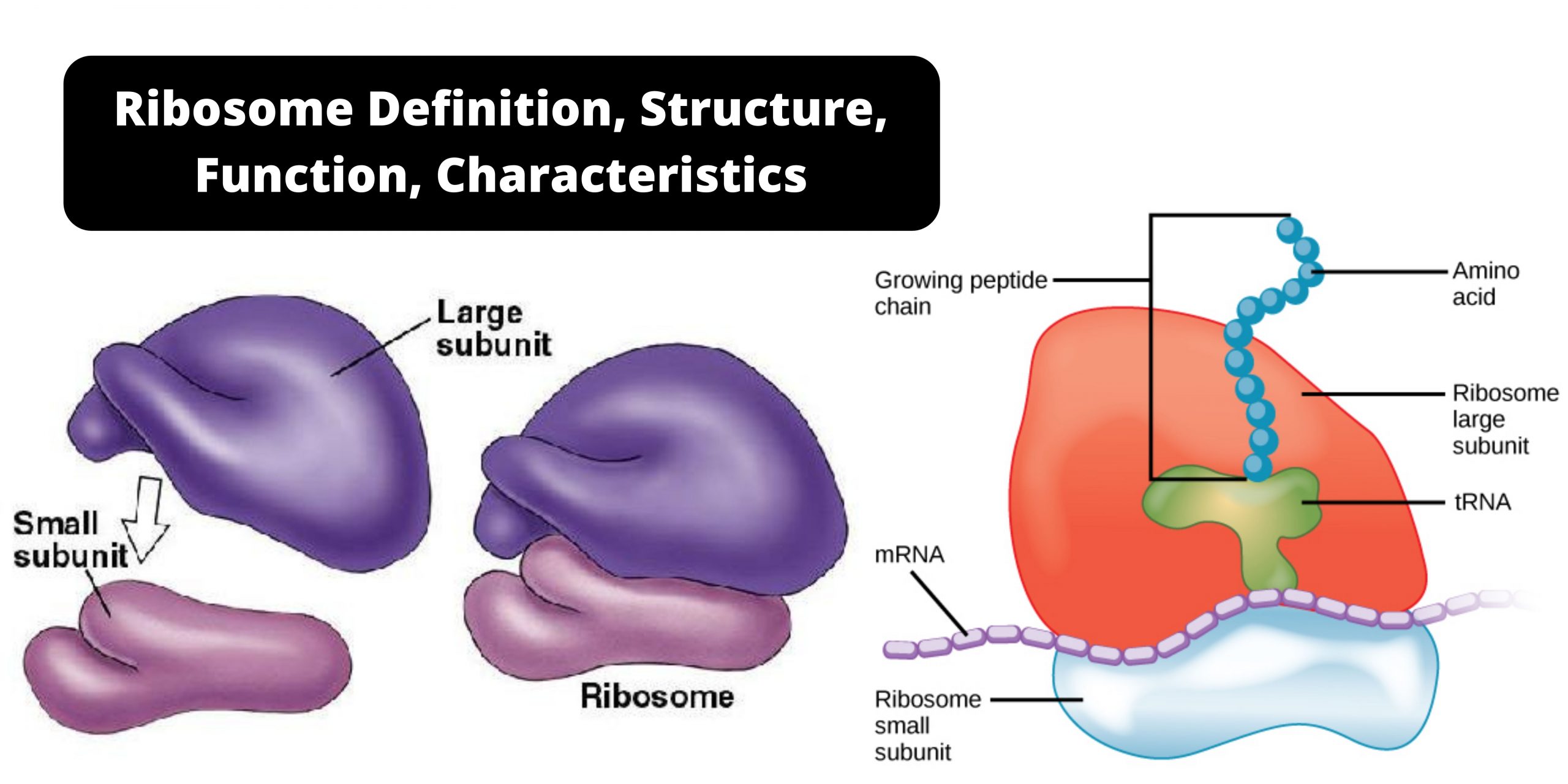Endosymbiosis – Definition, Theory, Evidence, Examples
What is Endosymbiosis? Definition of Endosymbiosis Endosymbiosis is a form of symbiosis in which one organism (the endosymbiont) lives inside the cells or body of another organism (the host), often resulting in mutual benefits for both entities. Endosymbiotic Theory The Endosymbiotic Theory offers a comprehensive explanation for the evolutionary transition from prokaryotic to eukaryotic cells. … Read more
